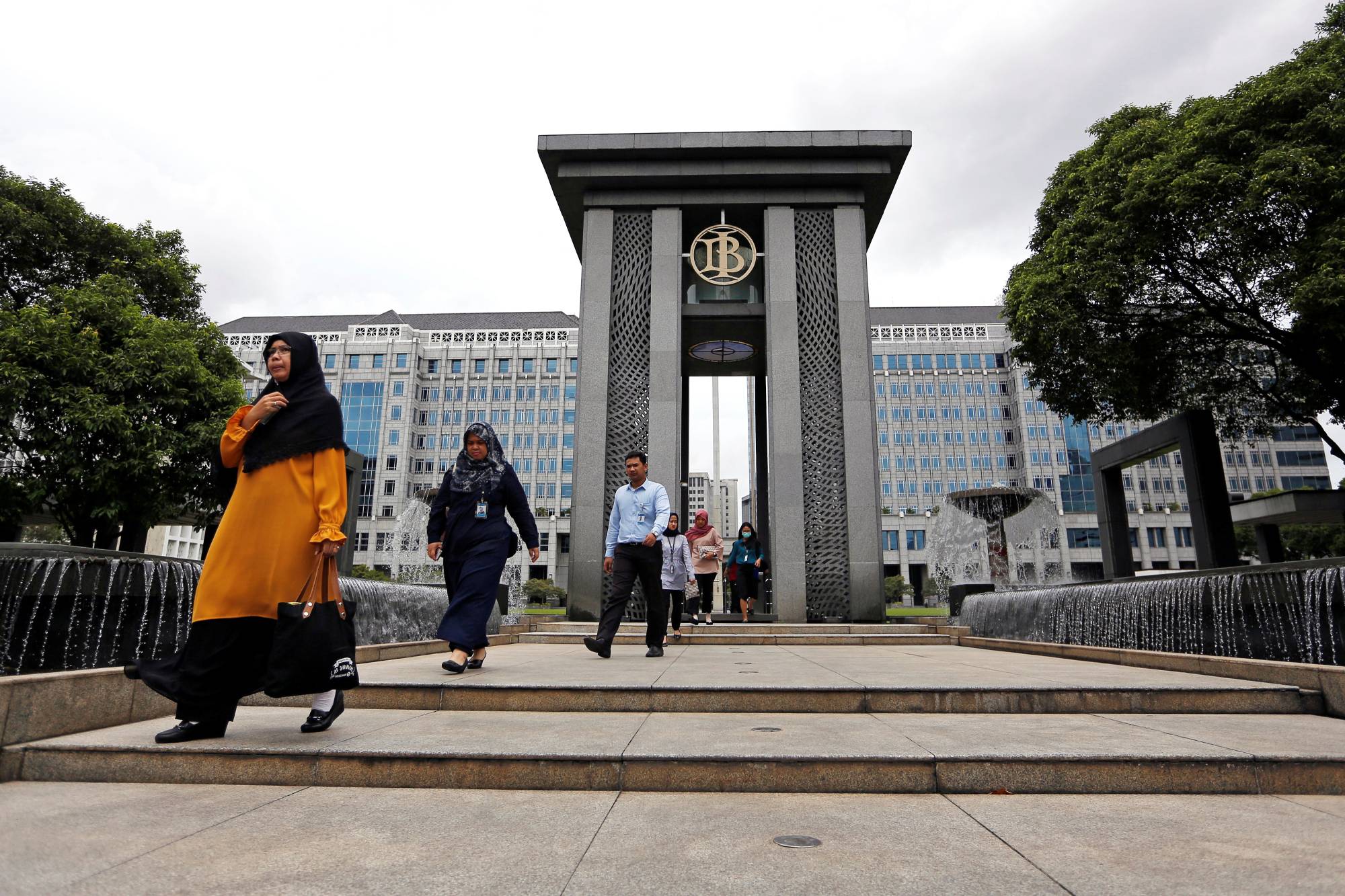Some emerging markets managed to stage a great escape from the ravages of COVID-19 by deploying all sorts of clever and ambitious monetary policy tools. Others behaved exactly as you’d expect amid the worst economic crisis since the Great Depression, with central bankers scrambling to avoid a massive rout. The elusive dividing line between these two groups is credibility.
In a recent note, David Lubin, head of emerging market economics at Citigroup Inc., tried to figure out why some developing economies "get away” with experimental policies that would have once sent global investors running for fear of eroding central bank independence, sky-rocketing inflation and currency weakness. Indonesia, for example, monetized its debt last year, with the central bank buying bonds directly from the state. South Korea cut rates to almost zero and has engaged in regular purchases of sovereign bonds that resemble quantitative easing in all but name. These two nations were the biggest disasters during the Asian financial crisis. Two decades later, markets are unruffled.
Set that against places like Turkey, which was punished by investors and forced to resume rate hikes to stem a market crash. Argentina, whose currency is the worst performing among emerging markets in the past three months, also had to ratchet up borrowing costs. Rate hikes are forecast in Nigeria, where prices have surged, and in South Africa, where inflation expectations have picked up.


















With your current subscription plan you can comment on stories. However, before writing your first comment, please create a display name in the Profile section of your subscriber account page.